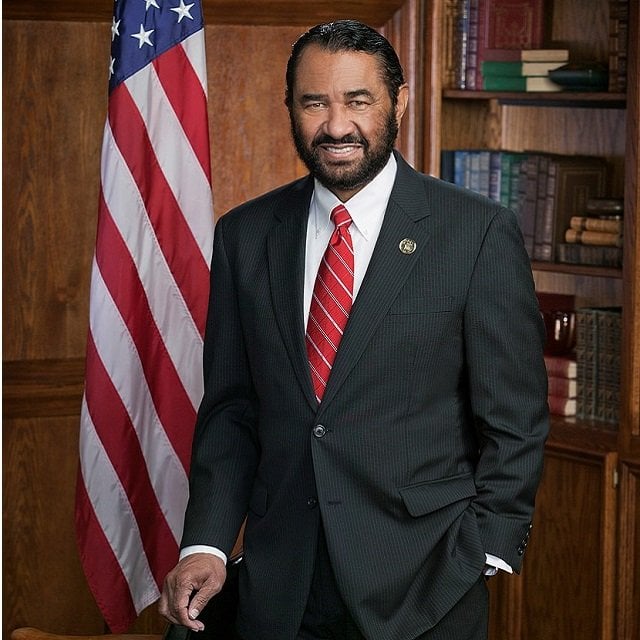Lawmakers Discuss How Financial Institutions Should Address Ties to Slavery

“Not one raised a hand,” Green said. “The notion that we will be able to resolve this by simply having these very wealthy businesses simply cooperate, which is what I would like to see, doesn’t seem to be manifesting itself.”
One witness, Seth Rockman, an associate professor of history at Brown University, called for lawmakers to take a broad approach to identifying companies’ connections with slavery.
Berkshire Hathaway, for example, descends partly from The Valley Falls Company, a textile manufacturer owned by members of an abolitionist family, Rockman said.
But members of the abolitionist family “rarely paused to ask where their cotton came from,” Rockman said. “Virtually every cotton fiber they spun and wove would have been slave-grown and slave-picked.”
William Darity Jr., a public policy professor at Duke University, talked about the role of insurers in slavery. He noted that Aetna, AIG, Baltimore Life, Loews Corp., New York Life and Southern Mutual Insurance Company all descend from companies that protected slaveowners against the deaths of slaves.
Pictured: Rep. Al Green, DAIG-Texas. (Photo: Green)




